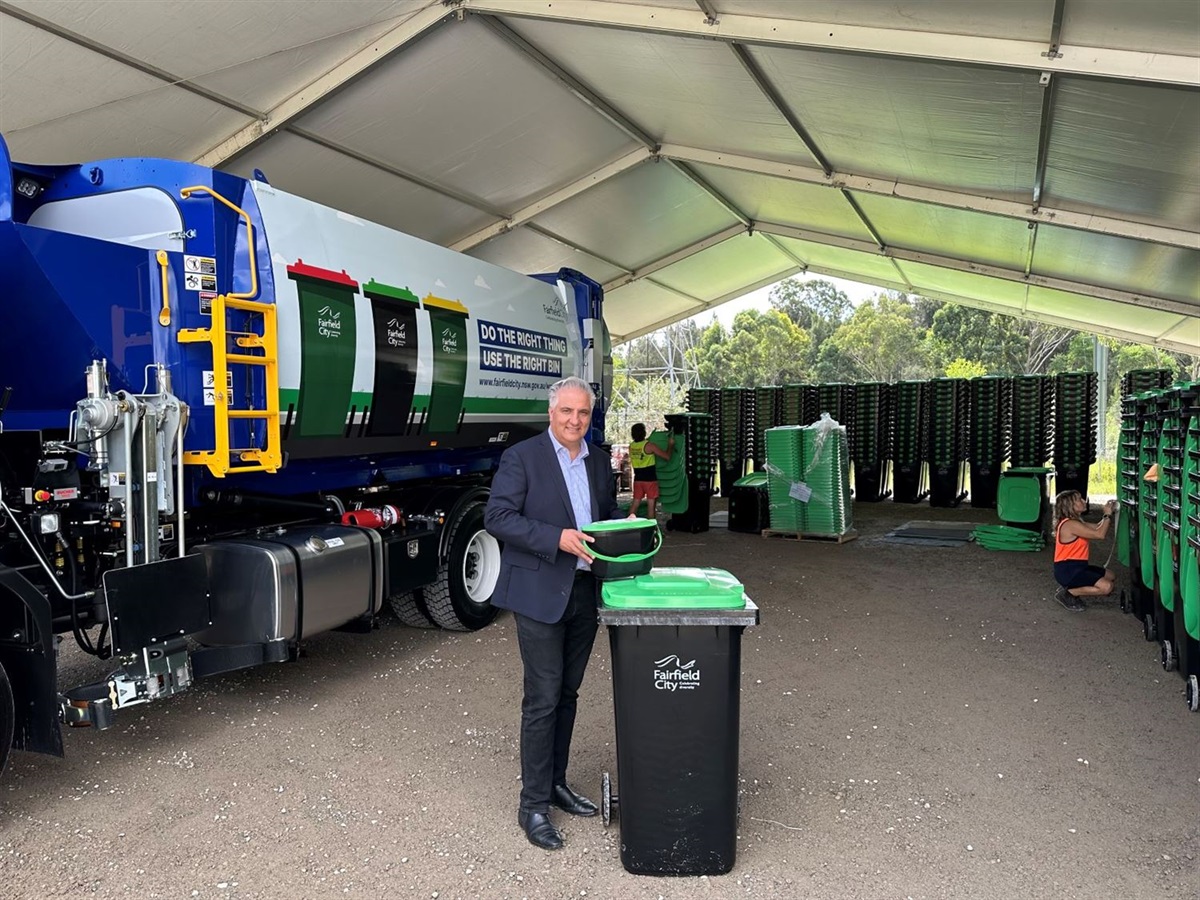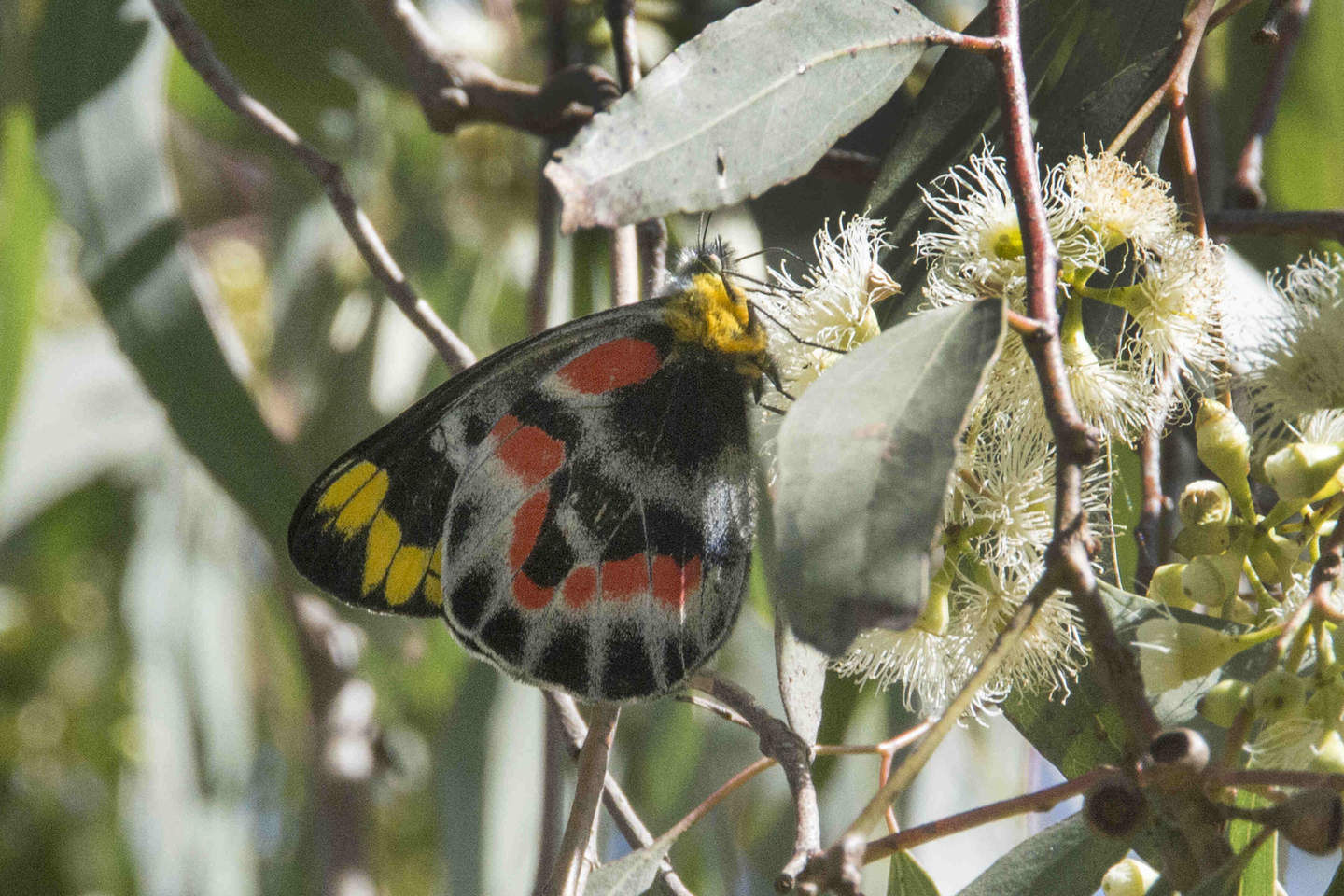
24 December 2021
Supporting great research discoveries: ARC Discovery Projects announced for 2022
Investigating mechanisms of seed germination to help farmers in Australia’s significant agri-food sector, extending understanding of major evolutionary events in the Earth’s history, and ways to advance economic opportunities for Indigenous communities across Northern Australia will be the focus of some of the outstanding research projects to get underway in 2022.
Chief Executive Officer of the Australian Research Council (ARC), Professor Sue Thomas, today welcomed the approval by Acting Minister for Education and Youth, the Hon Stuart Robert MP of $258.6 million for 587 new projects funded through the ARC Discovery Projects scheme over the next five years.
‘Discovery Projects provide funding to support excellent basic and applied research projects to be undertaken by individual researchers or research teams,’ Professor Thomas said.
‘The aim of the Discovery Projects scheme is to support excellent basic and applied research and research training; promote national and international research collaboration; and enhance the scale and focus of research in Australian Government priority areas.
‘This investment will see expanded knowledge base and research capacity in Australia, and economic, commercial, environmental, social and/or cultural returns for Australia.’
Some of the hundreds of successful Discovery Projects to commence in 2022 include:
- Professor Kathryn Henne at The Australian National University will lead a $496,685 project that aims to understand why, despite gains in women’s sport participation, gender inclusion efforts in Australian sport have not yet led to gender parity in leadership roles. This project will facilitate the development of new approaches to gender inclusion, contributing positively to rebuilding the post-pandemic sector.
- Dr Thomas Williams at Macquarie University will lead a $494,550 project that will engineer yeast to convert carbon dioxide- and methane-derived methanol into sustainable chemicals, foods, and pharmaceuticals. This ‘trash to treasure’ project will enable a sustainable production industry in resources produced from organic waste, biomass and natural gas.
- Dr Kamaljit Sangha at Charles Darwin University will lead a $178,405 project to advance economic opportunities for Indigenous communities across Northern Australia by developing culturally appropriate ecosystem services economies. This project aims to contribute to Indigenous well-being by creating jobs on-country, building capabilities, and supporting cultural learning, while also protecting biodiversity and natural resources.
- Professor Stephen Birch at The University of Queensland will lead a $313,921 project that aims to develop evidence-based fit-for-purpose economic models for planning future capacity for public health programmes. The research will estimate capacity requirements for public health programmes based on tomorrow’s needs for care instead of projecting yesterday’s use of care.
- Associate Professor Kaylene Young at University of Tasmania will lead a $428,000 project that will investigate how our brain circuits adapt and allow us to learn throughout life by examining the development of nerve cells. The knowledge gained through this research will be used to develop interventions to boost learning in educational settings, maintain cognitive performance in an ageing workforce, identify new molecular targets for the pharmaceutical industry, and improve the design of computer hardware.
- Associate Professor Mathew Lewsey at La Trobe University will lead a $415,000 project to determine the mechanisms by which plant genomes are regulated during seed germination. The research will help farmers in Australia’s significant agri-food sector, which employs 1.6 million people, to germinate seeds predictably and appropriately.
- Professor Kliti Grice at Curtin University will lead a $484,598 project to uncover the hidden record of our planet’s past and the life it supported. Fossilised soft tissues of plants and insects preserved in sedimentary concretions will be analysed, extending the understanding of major evolutionary events in the Earth’s history.
- Dr Michelle Phillipov at The University of Adelaide will lead a $390,979 project to examine how consumer identities, decision-making and sustainable artisanal production models underpin contemporary demand for locally made goods. The project will provide existing and emerging businesses, policymakers, and local and regional governments with robust data about the strategies required to assist existing operators to remain competitive, and to support the development of new businesses.







